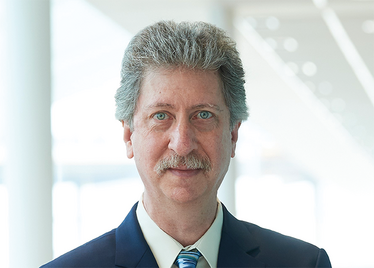Sitting Down With… The Past: Bruce Levine
We dive into the archive of 2019 for insight and inspiration – this time with Bruce Levine.
| 2 min read | Interview

Credit: Author supplied
When Bruce Levine, Professor in Cancer Gene Therapy at the University of Pennsylvania, finished his graduate work, there wasn’t really a cell and gene therapy field to speak of. In fact, he was part of the force that helped build it from the ground up. There was no roadmap, but, with perseverance, he and his team managed to make it work. Here, we learn about how the advanced medicine space has changed over the years, his learnings from big pharma, and the field’s future challenges to overcome.
On the changes in cell and gene therapy:
“The field has certainly percolated beyond a small niche group of investigators. Years ago, we would go to conferences and our sessions would be on the last day in a room nobody could find. The attitude of the scientific community at that time was, “That’s kind of cute, but we’ll continue doing what will actually impact patients.” Things have changed following the first approvals, but it’s still early days. Really we’re at the “Model T” stage of this technology, and it will take time to automate and for it to be more widely accessible.”
On big pharma:
“I learned how to speak Novartian! There’s a way of doing things and a kind of language that you must use with big pharma. But we also taught them what a T-cell is, and what dosage means if you’re administering a dividing drug – the pharmacokinetics are very different compared with something like Gleevec. It’s been interesting in that respect. Back in 2010, we were speaking to a number of different entities of all shapes and sizes, but we felt that Novartis, with their experience in oncology and global clinical and regulatory expertise, was ethically the best choice to develop the therapy fastest with patient access in mind.”
On the future:
“I see a merging of fields that had previously been working separately, such as engineering and immunology. We’re currently collaborating with bioengineers and supply chain engineers at Georgia Tech – we had no idea what they did before 2010. It’s a really exciting time because not only is there a great deal of new science coming in, but there are also several other factors that go into how you deliver these therapies to patients that we are only just beginning to work out.”



















